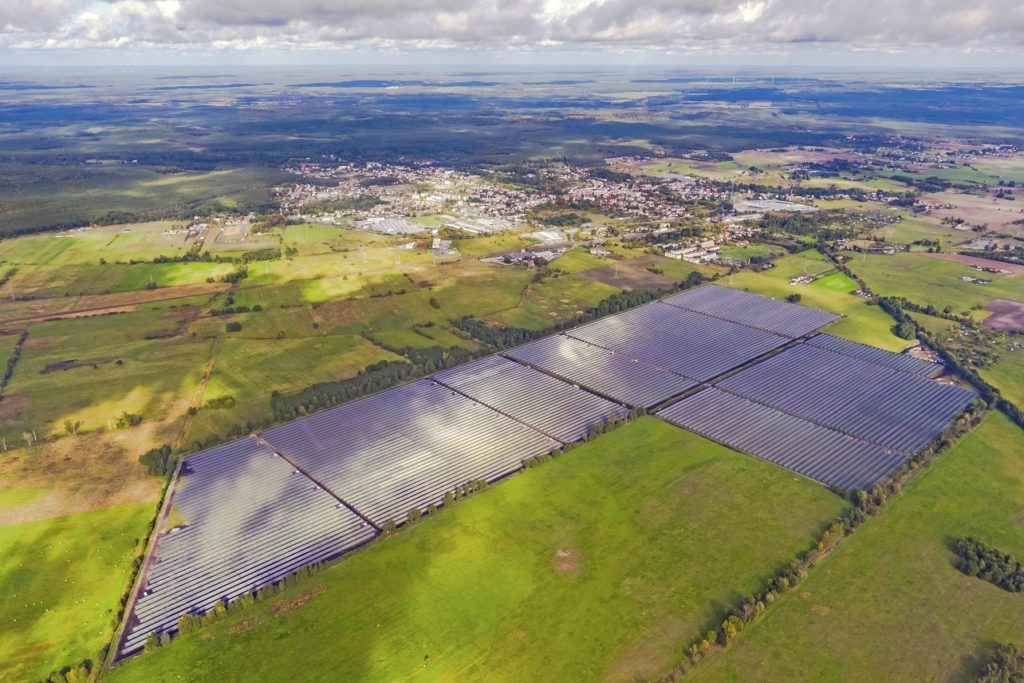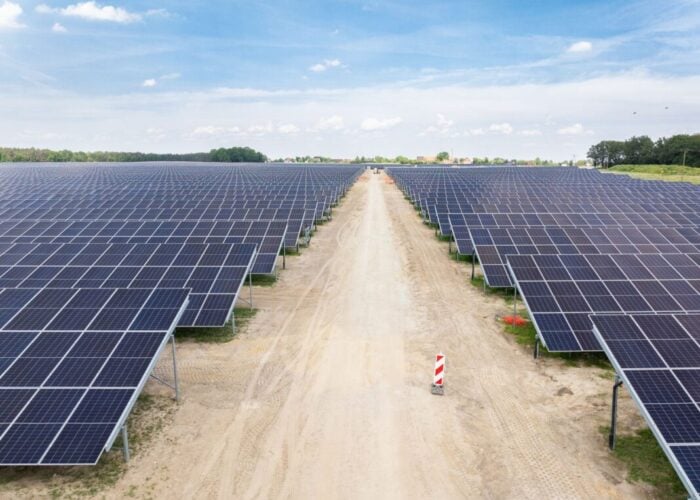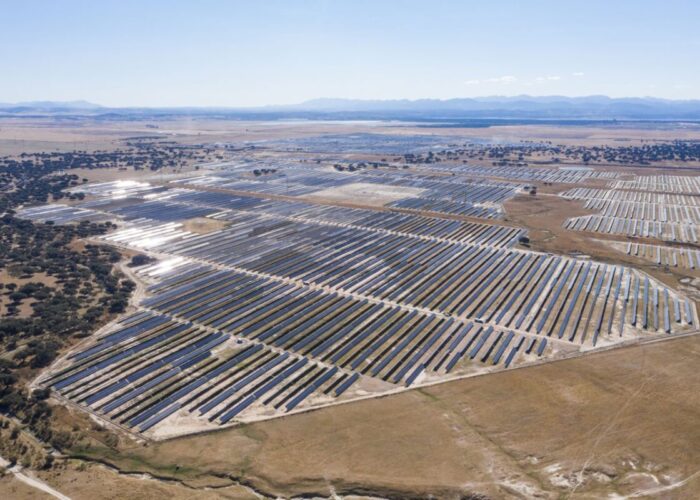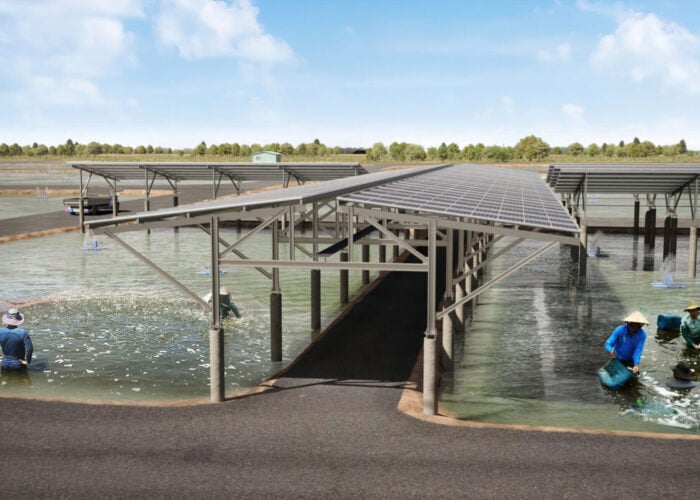
Against the backdrop of Europe’s energy crisis and the war in Ukraine, power purchase agreements in Poland have been garnering increasing attention from utilities and corporates alike that are concerned with future price trends and are opting to lock in supply now at higher prices.
Power prices across Europe have been through the roof since mid-August, with day ahead market prices passing the €500/MWh (US$497/MWh) mark and even higher in France and Germany, in a trend that has been translated into the region’s power purchase agreement (PPA) market that has seen prices continue to rise.
Unlock unlimited access for 12 whole months of distinctive global analysis
Photovoltaics International is now included.
- Regular insight and analysis of the industry’s biggest developments
- In-depth interviews with the industry’s leading figures
- Unlimited digital access to the PV Tech Power journal catalogue
- Unlimited digital access to the Photovoltaics International journal catalogue
- Access to more than 1,000 technical papers
- Discounts on Solar Media’s portfolio of events, in-person and virtual
In Europe, Poland had the highest price hikes during the Q2 2022, when its P25 solar index – an aggregation of the lowest 25% of solar offers – was nearing the €100/MWh threshold, with an increase of 36.2% due to the cessation of natural gas imports from Russia following the country’s invasion of Ukraine and subsequent Western sanctions.
Despite that, Poland’s situation in the PPA market is not unique in Europe, with many countries’ prices climbing upwards as the continent’s energy crisis intensifies. This is also the case in larger economies such as Germany and France, says Amanda Niklaus, senior PPA transaction manager at renewables advisory firm Pexapark.
“You have some exceptions in the Nordics but we have seen a very significant increase in all of the markets,” says Niklaus, adding that rising power prices across the continent have translated into higher PPA prices.
Up to now Polish solar subsidies were sufficient to support its power market and keep prices artificially low. But with the energy crisis raging on, many players in the market are no longer participating in the country’s auction schemes, instead favouring long-term PPA agreements.
Spooked by current power prices, corporate buyers in Poland are looking to secure long-term contracts of at least 10 years that can offer them reliable power supply at a fixed price, albeit a much higher one than they would have paid just a year ago. PV Tech has previously reported how European PPAs are becoming increasingly attractive despite European PPAs prices surging by a staggering 47% year-on-year.
“They can sign the PPA at a relatively higher price than what they could have gotten in the auction,” says Niklaus. “What we see as well is a strong interest from corporate buyers in Poland. You have more demand for these long term PPAs.”
Indeed, there has been a shift towards more corporate PPAs as companies look to lock in supply and generators become more wary of utilities. “The corporate buyer can actually more often than a utility offer a longer tenure of 12 to 15 years, because they will consume the energy. Whereas the utility off-taker will trade on the market and it’s much harder to manage over long term,” says Niklaus.
However, it is important to note that given the volatility in the power market, which has seen price fluctuations of over 40% in the last year, signing a PPA still remains necessary to secure a project’s financing.
“Today prices are really high, but two years ago it wasn’t the case and we don’t know what it’s going to look like in another two years,” notes Niklaus.
Meanwhile, and perhaps counterintuitively, the ongoing war in Ukraine has not negatively affected Poland’s PPA market. Instead, perhaps worried about future energy supply, interest in signing long term PPAs has grown considerably, Niklaus says. “I see even more activity in Poland now than I have seen at the beginning of the year or last year”.
Moreover, the quicker than anticipated buildout of solar assets in Poland has had an effect in terms of the captured price for solar, which has decreased due to the abundance of renewables in certain areas of the country.
Niklaus says: “The message about Poland is that it’s very active at the moment. I see a lot of corporate buyers that are interested and really investing in this as well as sellers. And you see some of the big techs running tenders in Poland.”
PV Tech publisher Solar Media will be organising the second edition of Large Scale Solar CEE in Warsaw, Poland during 8-9 November. The event will focus on Eastern Europe with a packed programme of panels, presentations and fireside chats from industry leaders responsible for the build out of solar and storage projects in Poland, Bulgaria, Romania, Greece and Hungary.







